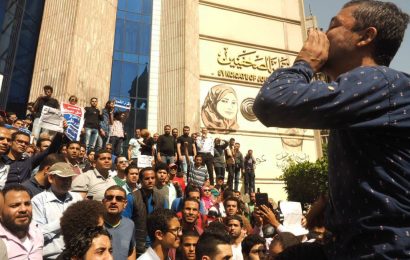As a safety measure, some governments in Africa are blocking social media during elections due to political content of the posts
It happened recently in Congo-Brazzaville, Chad and Uganda, because governments do not want social media to the cause of protests or revolutions.
Take the “Arab Spring” example. “Social media did not cause the ‘Arab Spring’ but helped to co-ordinate it,” Arthur Goldstuck Worldwide Worx, explained for the BBC.
Security measures, spreading political propaganda and election monitoring are also claimed to be the reason behind the ban. Congolese officials have recently declared that by blocking social media, they could prevent the “illegal publication of results”, while Uganda’s President Yoweri Museveni stated that social media platforms were off during the election to “stop spreading lies”.
Despite governments not having the technical ability to block sites or mobile phone features, they can issue a direct order to the communications companies responsible.
In Congo, mobile phone operators such as Airtel and MTN have been cited to block all mobile communications until the elections end. Nevertheless, the Congolese communications minister Thierry Moungalla denied it.
People in Uganda have been allowed to access only a few specific sites, as the telecoms regulator ordered mobile phone operators the same ban. Consequently, over “security concerns”, Facebook, WhatsApp, Twitter and mobile money services were not available for people to use.
Despite censoring the right to freedom of expression, operators in Africa are very compliant with orders or government directives.
Meanwhile, African people are getting around the blocks by using internet proxies known as Virtual Private Networks (VPNs).



